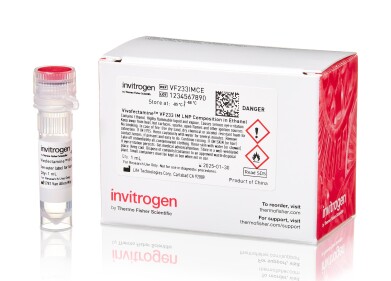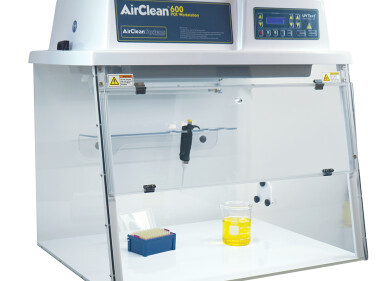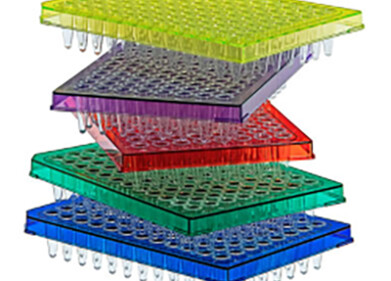DNA / RNA
Launch of RNA Reprogramming Technology for Efficient Generation of Virus-Free iPSCs
Jun 26 2014
Merck Millipore, the Life Science division of Merck, has launched Simplicon™ RNA Reprogramming Technology, which uses synthetic self-replicating RNA to create large numbers of human induced pluripotent stem cells (iPSCs) using a single transfection step. This efficient reprogramming of somatic cells is accomplished without viral intermediates or host genome integration, offering a more defined and safer system for iPSC generation.
"For stem cell researchers using iPSCs to study disease, differentiation and regenerative medicine, there's a real need for a reprogramming method that's as efficient as virus-based techniques yet as safe as non-viral methods," said Christophe Couturier, Head of Bioscience, Merck Millipore. "Simplicon™ technology meets this need, with a single-transfection protocol that's significantly easier than other approaches."
The Simplicon™ RNA Reprogramming Technology uses a single synthetic, polycistronic self-replicating RNA strand engineered to mimic cellular RNA. The RNA strand contains the four reprogramming factors, OCT-4, KLF-4, SOX-2 and GLIS1, and enables the creation of integration- and virus-free iPSCs using only one transfection step. Once the cells are generated, the RNA and reprogramming factors can easily be eliminated from the cell culture medium in a controlled manner.
Digital Edition
Lab Asia 31.6 Dec 2024
December 2024
Chromatography Articles - Sustainable chromatography: Embracing software for greener methods Mass Spectrometry & Spectroscopy Articles - Solving industry challenges for phosphorus containi...
View all digital editions
Events
Jan 22 2025 Tokyo, Japan
Jan 22 2025 Birmingham, UK
Jan 25 2025 San Diego, CA, USA
Jan 27 2025 Dubai, UAE
Jan 29 2025 Tokyo, Japan



















